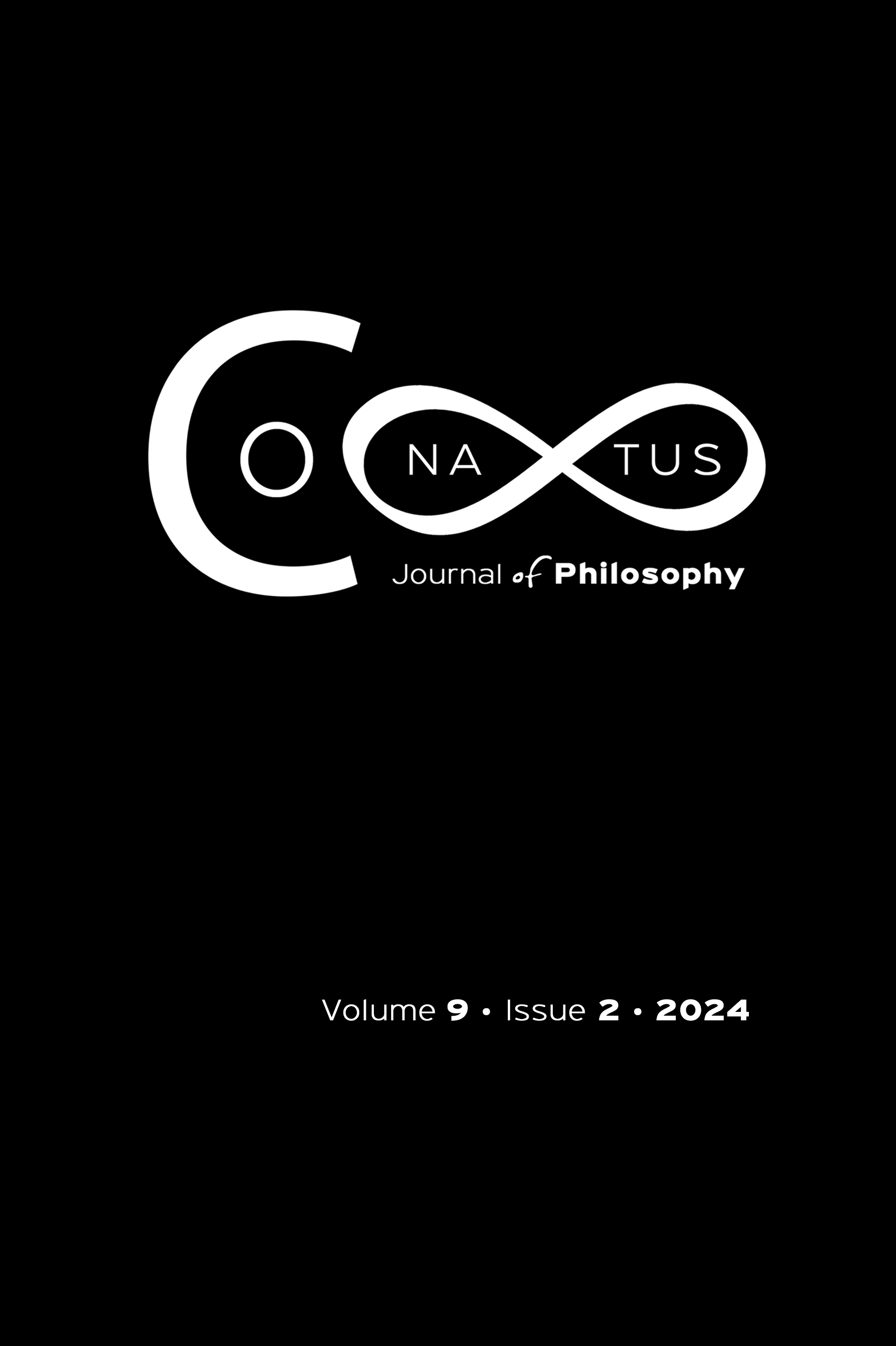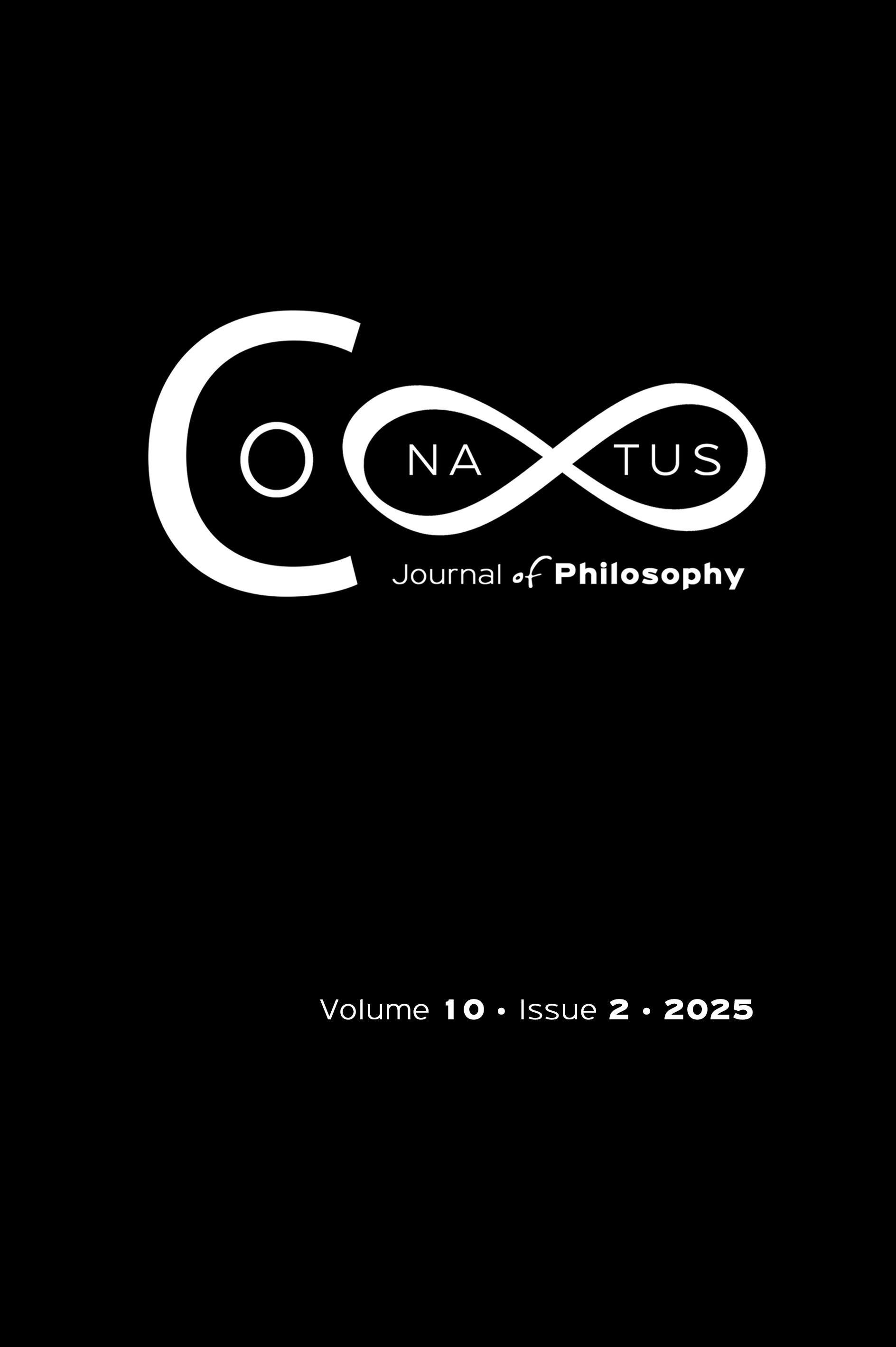Authoritarian Leaders as Successful Psychopaths: Towards an Understanding of the Role of Emotions in Political Decision-making

Abstract
In this paper, we seek to understand the psychology and cognitive strategies of people with the psychological profile of authoritarian leaders. To understand their personality traits, we compare them with literature concerning successful psychopaths. We also see both personalities in the light of literature in the field of self-help for success in business. We say these psychological profiles are shaped by culture, as self-help literature shows. Our intention in comparing successful psychopaths and authoritarian leaders is not to reinforce the idea that authoritarian leaders are unemotional, but rather the opposite. We wish to explore this relationship from the perspective of embodied cognition, according to which emotions are a fundamental part of decision-making, including political decision-making. Traditionally, both successful psychopaths and authoritarian leaders are understood as unemotional and therefore completely rational: here we explore the idea that this apparent rationality hides a particular emotional profile and a certain stubbornness and impulsivity regarding previously set goals. Also, as self-help literature reveals, set goals are closely associated with their identity, so that compromise regarding goals is seen as a loss of said identity. The study of the authoritarian leader as a gnoseological category helps us think about the relationship between volition, rational thought, identity, and emotions in decision-making; and to understand the way of acting of authoritarian leaders, and the way they succeed and fail.
Article Details
- How to Cite
-
Garavito, M. C., Bula Caraballo, G., & González, S. A. (2024). Authoritarian Leaders as Successful Psychopaths: Towards an Understanding of the Role of Emotions in Political Decision-making. Conatus - Journal of Philosophy, 9(2), 45–74. https://doi.org/10.12681/cjp.33978
- Section
- Articles

This work is licensed under a Creative Commons Attribution-NonCommercial 4.0 International License.
Authors who publish with this journal agree to the following terms:
Authors retain copyright and grant the journal right of first publication with the work simultaneously licensed under a Creative Commons Attribution Non-Commercial International License (CC BY-NC 4.0) that allows others to share the work with an acknowledgement of the work's authorship and initial publication in this journal.
Authors are able to enter into separate, additional contractual arrangements for the non-exclusive distribution of the journal's published version of the work (e.g. post it to an institutional repository or publish it in a book), with an acknowledgement of its initial publication in this journal.
Authors are permitted and encouraged to post their work online (preferably in institutional repositories or on their website) prior to and during the submission process, as it can lead to productive exchanges, as well as earlier and greater citation of published work.






